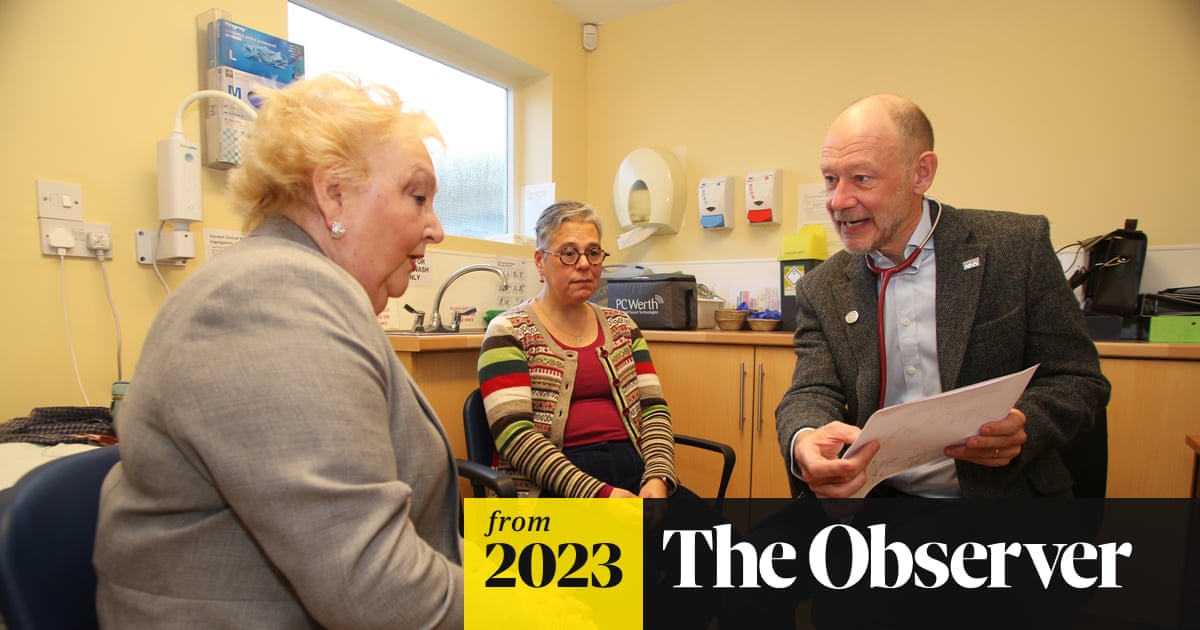Yes. that is true. I am of course counting all the people who tried the intervention that was being tested. That is the point, and is the nature of scientific study - "We tested intervention X on 149 people, and at the end of five years we found 11 of the 149 (7%) to be in remission" is effectively just that.
People who do not comply with a low carb lifestyle or stay low carb may or may not stay in remission. If I followed your logic however I would be excluding all individuals who did not or could not comply and I would be claiming (as you have for low-calorie) high levels of success for low-carb. That would be (at best) junk science and faulty logic.
You, however, seem quite happy to count only the people for whom the intervention worked, and you claim that this is not a problem. You therefore want us to look at only the 11, out of the 149 starters, who crossed the marathon finish line. You are quite clear that you are excluding the 93% of the test subjects for whom low calorie was (on the evidence) not a sustainable option. I would say this is a classic case of survivor bias, but it is actually a bit unusual because you are fully aware of your conscious bias.
I don't expect you to agree with this because if you did your entire structure ( your quote - ...put diabetes, as opposed to just blood sugar, into remission, the only way is a calorie reduced diet) collapses.
The point of this is two-fold - personally , what works for an individual, and more widely, in terms of public health, what works for most people. The two may not be the same. It's the public health aspect that's in many ways most relevant - an intervention that sees 93% failure over 5 years is not one to recommend in general - while it may work for some individuals. On the evidence of this study, that would likely be a small (7%) proportion of the T2 population.




